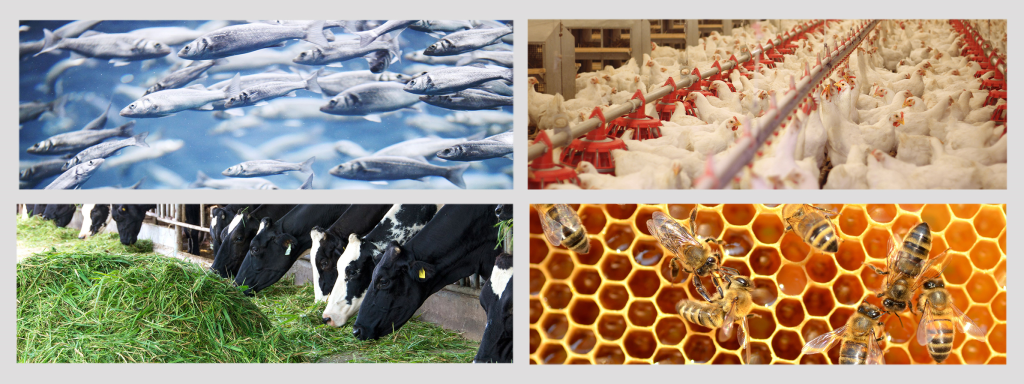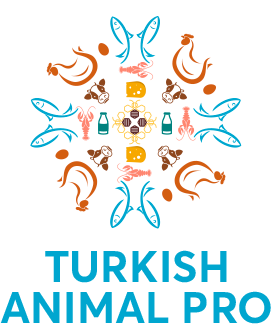
Quality is a dynamic and multidimensional concept, and our increasing knowledge and experience in relation to products and services over time affects our expectations as well. The existing features of products and services that made us happy once turn out to be inadequate over time. In other words, the bar for quality rises continuously with time.
Sustainability is defined as “the ability to meet current needs without jeopardizing the means to provide the needs of future generations”. Accordingly, sustainability is to ensure that current social order, standards of living and business models are executed without harming future generations’ opportunities to meet their needs using natural resources.
Agricultural sustainability, which is the initial step of the food chain, is possible with systems and practices of producing adequate and high quality agricultural products at reasonable costs and of continuously improving protection of arable lands, farmers, environment and natural farming resources. Good agricultural practices are developed for this purpose.
The concept of “sustainability” has come into prominence due to the constant increase of world population and need for new resources, raising energy prices, and greenhouse gases caused by climate changes. Environmental, social and economic indicators are taken into account for agricultural sustainability.
Agriculture and food industry has a quality system that can accommodate high quality that is not coincidental, but permanent thanks to various national and international disciplines. Food establishments in Turkey have quality certificates such as Globalgap - Eouropgap, HACCP, ISO 22000, BRC and so on.
Successful implementation of all these quality assurance systems is possible by establishing control mechanisms with checks and analyses at specific points of the production process starting from raw material to final stage, in cooperation with producers and operators through consumer education and initiatives of enterprises. In addition to state control in creating an effective control system, food control by the consumer is the most effective way for healthier products with better quality. In this respect, public institutions in Turkey works in cooperation with food sector, universities, consumers associations and media.
ISO 9000 quality standards are widely used all over the world and most countries opt for products supplied by companies that follow these standards. ISO is a benchmark that guarantees high quality as well as competitive pricing for both consumers and producers. The concept of “Good Laboratory Practices” (GLP) is also defined as a requirement for quality assurance in laboratory works and defined with certain rules. GLP are complementary components of quality assurance systems as part of the improvement of laboratory conditions and operations. The concept of “Good Manufacturing Practice” (GMP) is defined as the standards that guarantee safety and beneficialness of food. The idea of GMP is based on the principle of eliminating all undesirable and adverse conditions as well as of preventing harmful factors.
The quality assurance system HACCP has become a strategic goal of ensuring food safety for many countries. Encompassing production as a whole, HACCP is a system that utilizes programmed controls to prevent potential diseases that may arise from food.
As food safety is principal in this system, the chief aim is to prevent unsafe food. The difference of the HACCP system from other quality assurance systems is ensuring to curb hazards by identifying the danger in advance.
